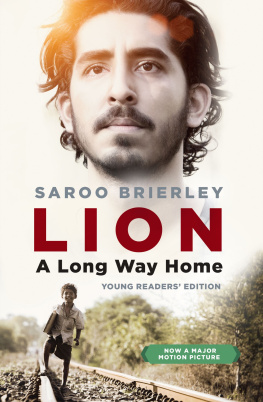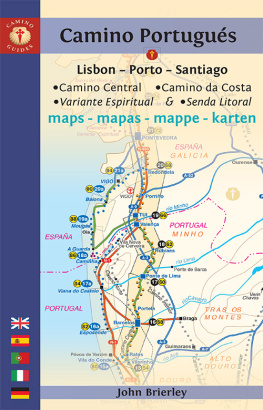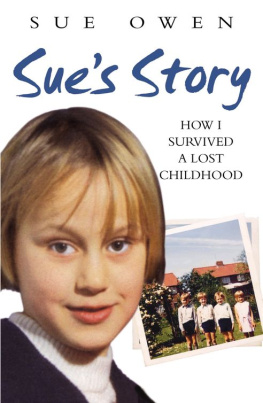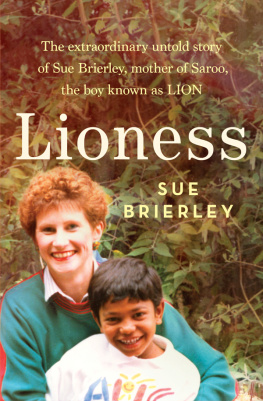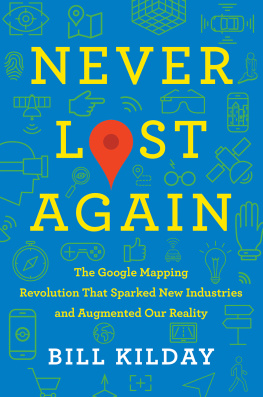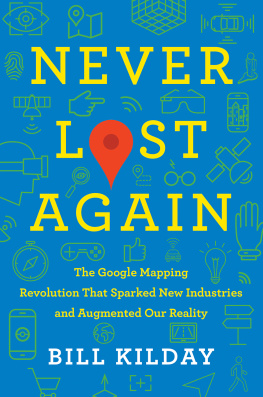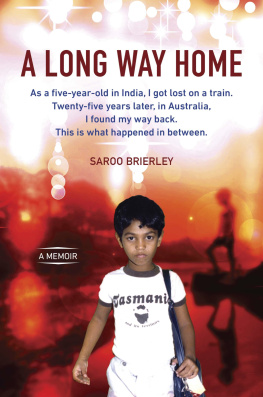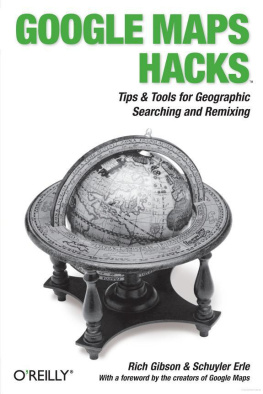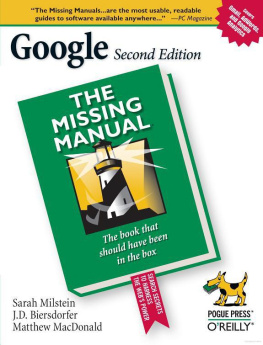I lay in an unbelievably soft bed my own bed and gazed around the room. Id never had a bedroom of my own before. For most of my five or six years Id slept in a small room with my family, then later Id slept in a dormitory with lots of other children. The only time Id slept alone was when I lived on the streets of Calcutta.
I looked across at the wardrobe where Id been shown my new clothes, warm ones for the Tasmanian climate. On the floor were boxes of picture books and toys. I still couldnt believe they were for me, and that I could look at them and play with them as I pleased. I half-expected some bigger kid to come along and take them. I still wasnt used to the idea of being safe, let alone having things of my own.
I was afraid of the dark, so my bedroom door was left open and a wedge of light from the hall shone on the floor bright electric light, not a candle or kerosene lamp. On one wall of my bedroom was a big coloured picture with lots of strange writing on it: a map. One day, I would understand what a map was, and realise that it held the secrets of my past: where Id come from, who I was, and who Id left behind. But for now, I was too tired to care. I closed my eyes and slept.
1
Remembering
I had a map of India on my bedroom wall when I was growing up in Hobart. Mum my new mother had put it there to help me feel at home. But when I arrived in Tasmania, I didnt even know what a map was, let alone the shape of India. I had never been to school, I couldnt read or write or speak English. It was 1987, and they told me I was six years old. I didnt know for certain how old I was. On my official documents my birthday was 22 May 1981, but that was a guess by the Indian authorities, based on the day I had arrived at the orphanage, an ignorant, confused, lost little boy; they had guessed my age and my birth year, which I have never changed. I hadnt been able to explain much about who I was or where Id come from. The first time I ever heard the name Calcutta was when my new mum and dad pointed to it on my map and told me thats where I came from. But they were wrong. I didnt come from Calcutta, but from somewhere much further away, and the story of how I got there was incredible.
At first, Mum and Dad didnt know how Id become lost. All they knew all anyone knew was that Id been picked off the streets of Calcutta and after attempts to find my family had failed I had been taken to the orphanage and then put up for adoption. Happily for all of us, I was adopted by the Brierleys.
Mum had decorated the house with Indian ornaments Hindu statues, brass ornaments and bells, and lots of little elephant figurines. She had spread some Indian printed fabric across the dresser in my room, and placed a carved wooden puppet in a brightly coloured outfit nearby. All these things were sort of familiar, even if I hadnt seen anything exactly like them before. I had no idea that they were unusual objects to have in an Australian house.
At first, Mum didnt concentrate on teaching me English. It was far more important to comfort and care for me, and gain my trust, and you dont need words for that. She knew an Indian couple in the neighbourhood, Saleen and Jacob, and we would visit them regularly to eat Indian food together. They spoke with me in my own language, Hindi, asking simple questions and translating instructions and anything Mum and Dad wanted me to know about how wed live our life together. Coming from a very simple background, I didnt speak much Hindi either, but being able to understand and be understood helped me settle in to my new home and family. If my new parents werent able to communicate through gestures and smiles, Saleen and Jacob were always there to help.
Mum and Dad were very affectionate, right from the start, always giving me lots of cuddles and helping me to feel safe, secure, loved and, above all, wanted. That meant a lot to a child whod been lost and had experienced what it was like when no one cared about him. Very soon I trusted them completely, and a strong bond grew between us. Even at the age of six, I understood that I had been given a rare second chance. I quickly became Saroo Brierley.
As children do, I picked up my new language quite quickly. But at first I spoke very little about my past in India. My parents didnt want to push me to talk about it until I was ready, and apparently I didnt seem to give it much thought. Mum remembers a time when I was seven, when out of the blue I became very distressed and cried out, Me begot! (I forgot!) Later, she found out I was upset that I had forgotten the way to the school near my Indian home, where I used to walk to watch the students. We agreed then that it probably didnt matter anymore, but deep down, it did matter to me. My memories were all I had of my past, and privately I thought about them over and over, trying to ensure I didnt beget.

